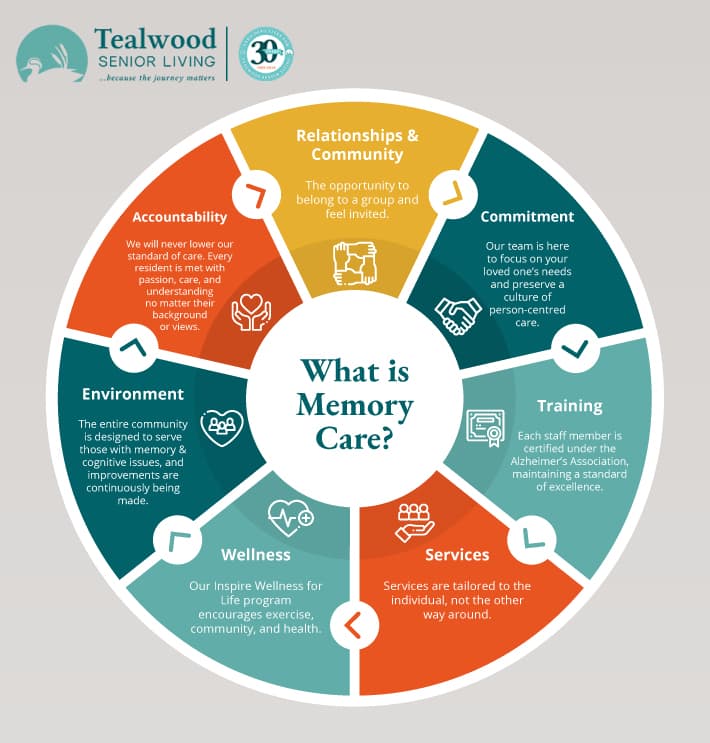Professional Tips for Offering High quality Alzheimer's Treatment at Home
Looking after an individual with Alzheimer's illness in the house presents distinct obstacles that need both understanding and critical planning. Developing an organized day-to-day routine, improving communication abilities, and creating a secure environment are essential components of reliable caregiving. Additionally, caretakers must not overlook the relevance of seeking outside assistance and resources to maintain their very own wellness. As we discover these specialist suggestions better, it comes to be clear that a thoughtful strategy can substantially influence the quality of life for both the caregiver and the specific obtaining care. What certain strategies can be executed to ensure an encouraging environment?
Understand Alzheimer's Illness
Alzheimer's condition, a dynamic neurodegenerative problem, exceptionally affects cognitive feature and everyday living tasks. It mainly affects memory, believing, and actions, resulting in a progressive decline in the abilities necessary for independent living. Early symptoms usually include lapse of memory, problem in problem-solving, and challenges in completing acquainted tasks. As the illness progresses, individuals might experience disorientation to time and area, damaged judgment, and modifications in mood and personality.
The etiology of Alzheimer's is complicated, involving the buildup of amyloid plaques and tau tangles in the mind, which disrupt neuronal interaction and bring about cell fatality. Threat aspects consist of age, genetics, and lifestyle choices, with the majority of instances taking place in individuals over 65. Awareness of these facets is critical for caretakers, as comprehending the problem can assist in better assistance and care strategies.
Additionally, Alzheimer's disease not only affects the individual yet likewise has considerable psychological and logistical ramifications for families. Acknowledging the phases of the condition enables caretakers to anticipate difficulties and adapt their technique, making certain that the requirements of those affected are met concern and understanding. This foundational knowledge is crucial for promoting quality treatment at home.
Develop a Routine
Creating a structured daily routine can substantially boost the lifestyle for people living with Alzheimer's condition. Developing constant patterns aids to reduce confusion and stress and anxiety, supplying a sense of protection and knowledge. A day-to-day schedule needs to consist of regular times for meals, activities, and remainder, which can help people expect what to anticipate throughout the day.
Incorporating simple, familiar jobs into the routine can advertise a sense of success and independence. Activities like horticulture, food preparation, or perhaps basic household duties can be valuable. It is important to customize these activities to the person's capacities and interests, making sure engagement without frustration.
Additionally, flexibility within the routine is key. While uniformity is crucial, permitting adjustments based upon the person's state of mind or power degrees can aid keep a favorable atmosphere. Encourage participation in social communications, whether through household visits or neighborhood tasks, as these can supply stimulation and link.
Enhance Interaction Skills
Effective communication is vital for keeping purposeful links with people living with Alzheimer's condition. As cognitive abilities decrease, traditional discussion might end up being challenging. Caregivers ought to adjust their interaction strategies to promote understanding and connection. Alzheimers Care Charlotte.

Active listening is crucial. Program real passion by maintaining eye contact and responding check my reference to acknowledge their ideas or feelings. Stay clear of saying or correcting, as this may lead to disappointment. Rather, validate their feelings and reroute the conversation gently if needed.
Using aesthetic help, such as pictures or written tips, can likewise enhance understanding. Encourage engagement in tasks that promote conversation, such as reminiscing about previous occasions or looking through picture cds.
Develop a Safe Setting
A helpful environment plays a significant function in the health of people with Alzheimer's condition. Developing a safe home setting is essential to minimize dangers and enhance the quality of life for both the individual and their caretakers. Begin by evaluating the home for possible risks. Remove stumbling dangers such as loosened carpets, electrical cords, and mess. Make sure that pathways are well-lit and clear to stop falls.
Mount safety locks on windows and doors to protect against roaming, which is a typical problem in Alzheimer's patients. Additionally, take into consideration using non-slip mats in restrooms and set up grab bars for added support. Labeling spaces additional resources and crucial products can aid people browse their environments a lot more easily.
Emergency get in touches with should be clearly published near phones, and a medical alert system can provide tranquility of mind. Take into consideration making use of childproofing actions for sharp things and hazardous materials. Regularly examine smoke alarm and carbon monoxide gas alarms to ensure they are operating. On the whole, customizing the home environment to the special requirements of the private with Alzheimer's not just promotes safety and security however likewise encourages freedom and convenience.
Seek Support and Resources
Accessing my response assistance and sources is crucial for individuals and caretakers facing the difficulties of Alzheimer's illness. Caregiving can be frustrating, both physically and emotionally, and it is vital for caretakers to seek aid to preserve their well-being and provide high quality treatment.

Furthermore, checking out break treatment alternatives can pay for caretakers much-needed breaks, allowing them to charge and lower fatigue. This might include adult day programs or in-home care solutions. Financial aid programs may likewise be readily available to assist offset the prices of care.

Conclusion
In summary, providing high quality Alzheimer's care in the house demands a diverse approach. Understanding the complexities of the disease, developing an organized regimen, enhancing communication skills, creating a risk-free setting, and looking for assistance from offered sources collectively contribute to improved caregiving experiences. Executing these approaches not only fosters a sense of self-reliance and achievement for people with Alzheimer's yet also reduces caretaker stress, eventually enhancing the top quality of life for both caregivers and those they support.
Caring for a private with Alzheimer's illness at home presents distinct challenges that require both understanding and critical planning.Moreover, Alzheimer's disease not just affects the individual yet additionally has significant emotional and logistical ramifications for households.Producing a structured day-to-day regimen can significantly enhance the high quality of life for people living with Alzheimer's illness.Reliable interaction is vital for maintaining purposeful links with individuals living with Alzheimer's disease. Alzheimers Care Charlotte. Executing these approaches not only cultivates a feeling of self-reliance and success for individuals with Alzheimer's yet likewise relieves caregiver tension, ultimately boosting the high quality of life for both caregivers and those they support